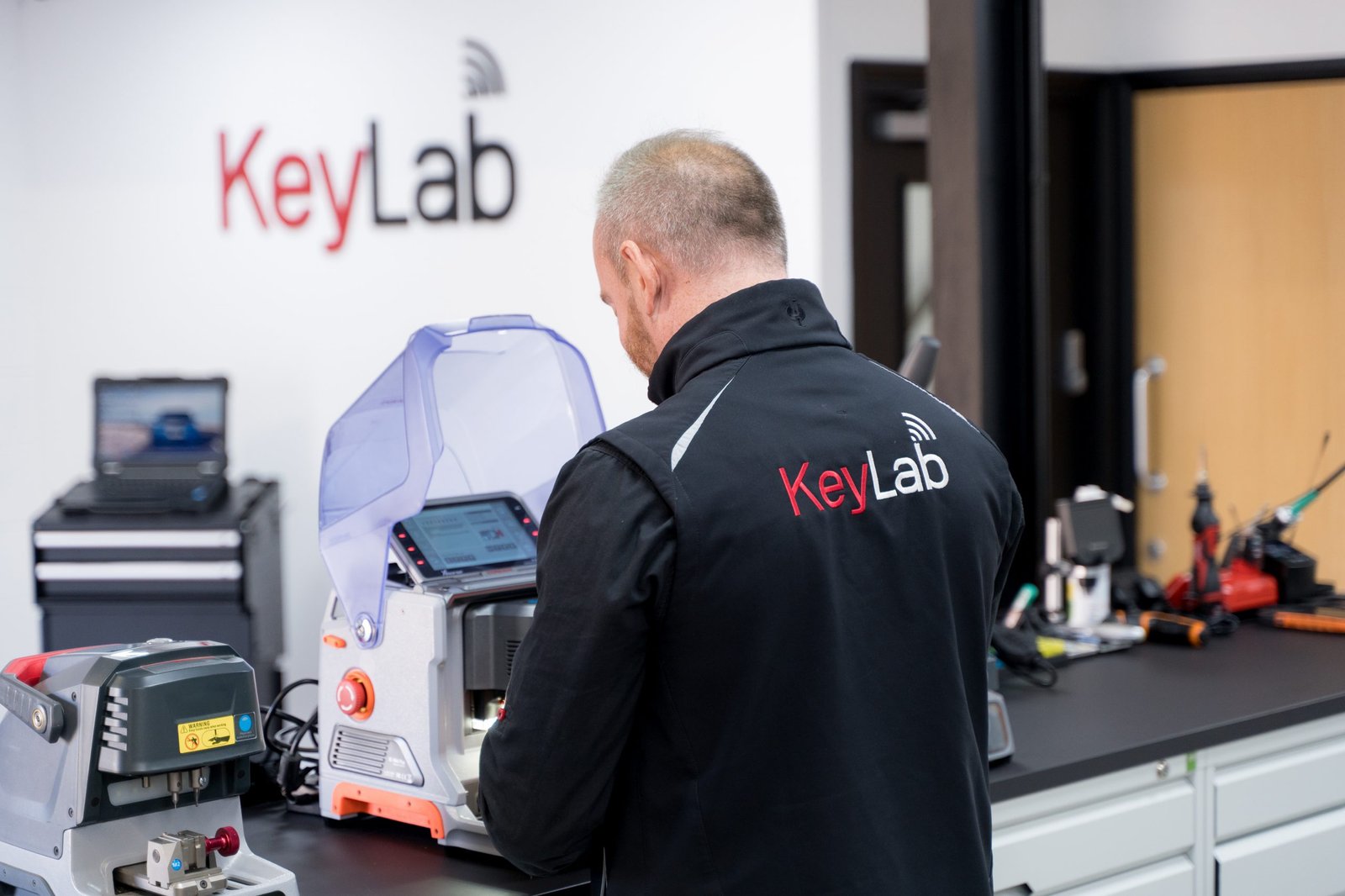Comprehensive Guide to Car Key Replacements: Understanding Your Options
In today's hectic world, losing or harming a car key is a significantly typical affair. Car key replacements have actually developed significantly throughout the years with advancements in innovation, and car owners now have a range of choices to consider. This short article will explore the various types of car keys, methods for replacement, cost ramifications, and other essential considerations for car key replacements.
Kinds Of Car Keys
Comprehending the types of car keys is vital for understanding the replacement choices readily available. Below is a summary of the numerous types:
| Type | Description |
|---|---|
| Standard Key | A non-electronic key that mechanically opens the door and ignition. |
| Transponder Key | A key ingrained with a microchip that communicates with the car's ignition system for added security. |
| Key Fob | A remote control used to open doors and start the engine wirelessly. Often includes a transponder chip. |
| Smart Key | Enables keyless entry and ignition, making use of proximity sensing units and advanced innovation. |
| Valet Key | A limited key that limits access to certain features of the vehicle, typically used by parking attendants. |
Understanding the Replacement Process
When it pertains to car key replacements, it is crucial for car owners to be conscious of the choices available. The following approaches highlight how car keys can be changed:
1. Dealer Replacement
- Process: The vehicle owner visits the dealer and provides proof of ownership. How To Get A Replacement Car Key might require the Vehicle Identification Number (VIN) and additional identification.
- Pros: Trusted source, guaranteed compatibility, typically includes programming.
- Cons: Typically the most pricey choice.
2. Professional Locksmith
- Process: A licensed locksmith checks out the car place or operates from their store. They cut and program the replacement key.
- Pros: Generally cheaper than dealers and can provide a variety of key choices.
- Cons: Limited capability for some advanced keys and fobs, may not have OEM (Original Equipment Manufacturer) parts.
3. Do-It-Yourself (DIY)
- Process: Car owners can purchase key blanks and programming sets online or from hardware shops. Follow specific guides for programming.
- Pros: Cost-effective and hassle-free.
- Cons: Risk of errors, lack of professional quality, and potential security problems.
4. Mobile Key Cutting Services
- Process: Mobile services concern your place to cut and set keys.
- Pros: Convenient and typically more budget-friendly.
- Cons: May require a waiting duration, and prices differ based on range and service quality.
5. Insurance coverage Coverage
- Process: Some vehicle insurance coverage cover losses due to taken or lost keys.
- Pros: Potentially substantial expense savings.
- Cons: Coverage limits and possible deductibles might apply.
Elements Influencing Replacement Costs
The cost of replacing a car key can vary widely depending upon several factors, such as:
- Type of Key: Traditional keys are normally less costly to replace than transponder keys or clever keys.
- Design and Make of Vehicle: Luxury and newer models might have higher replacement costs due to sophisticated innovation.
- Area: The average market rates for locksmith services or dealers can affect rates.
- Key Programming: Programming expenses might be different from key cutting expenses.
Here's a general breakdown of replacement expenses:
Estimated Costs of Car Key Replacement
| Key Type | Approximated Cost Range |
|---|---|
| Standard Key | ₤ 5 - ₤ 25 |
| Transponder Key | ₤ 50 - ₤ 300 |
| Key Fob | ₤ 50 - ₤ 600 |
| Smart Key | ₤ 200 - ₤ 600 |
| Valet Key | ₤ 10 - ₤ 30 |
Important Considerations
While checking out car key replacements, it's important to remember of the following:
- Proof of Ownership: Always have documents that proves ownership when looking for a replacement.
- Security Concerns: Keep in mind that lost keys posture security dangers; if there's a concern, think about rekeying locks.
- Guarantee and Insurance: Check if your car is under warranty and if it covers key replacements.
- Future Security: Consider upgrading to more protected options like clever keys if your vehicle supports it.
FAQs About Car Key Replacements
Q1: Can I replace my car key myself?A1: Yes, it is possible to replace your car key yourself, specifically if you order key blanks and have programming tools. Nevertheless, guarantee you follow directions accurately to avoid complications.
Q2: How long does it take to replace a car key?A2: Replacement time depends on the method used. Car dealerships might take longer due to programming, while mobile locksmiths can frequently do it on-site within minutes.
Q3: What should I do if I lost my car key?A3: If you lose your car key, evaluate your needs and choose on a replacement technique. Think about contacting a locksmith professional or your vehicle's car dealership for next actions.
Q4: Are duplicate keys considered replacements?A4: No, duplicates are copies of existing keys, while replacements are new keys made when the original is lost, broken, or not functioning.
Q5: Will my car's alarm system be affected if I replace the key?A5: It depends on the key type. Typically, an appropriately programmed replacement will not affect the alarm system. However, some keys may require to be synced or configured to the alarm system.
Car key replacements are more straightforward than they have ever been, yet comprehending the numerous choices and their ramifications can save money and time. By acquainting oneself with the kinds of keys, the replacement process, and potential costs, car owners can browse this challenge with greater ease. Whether choosing a dealer, locksmith professional, or a DIY approach, remaining informed ensures smarter choices for protecting automobile access.

